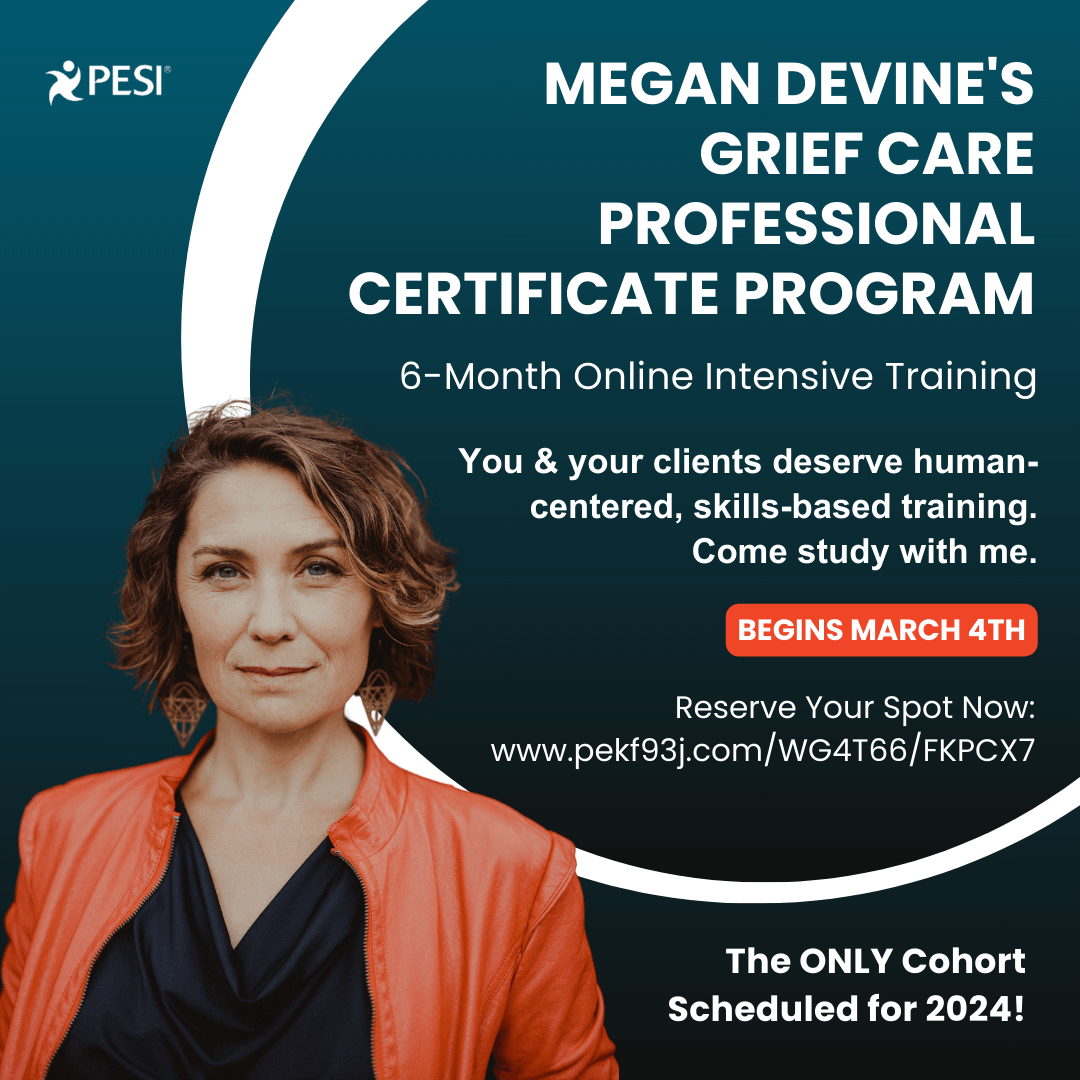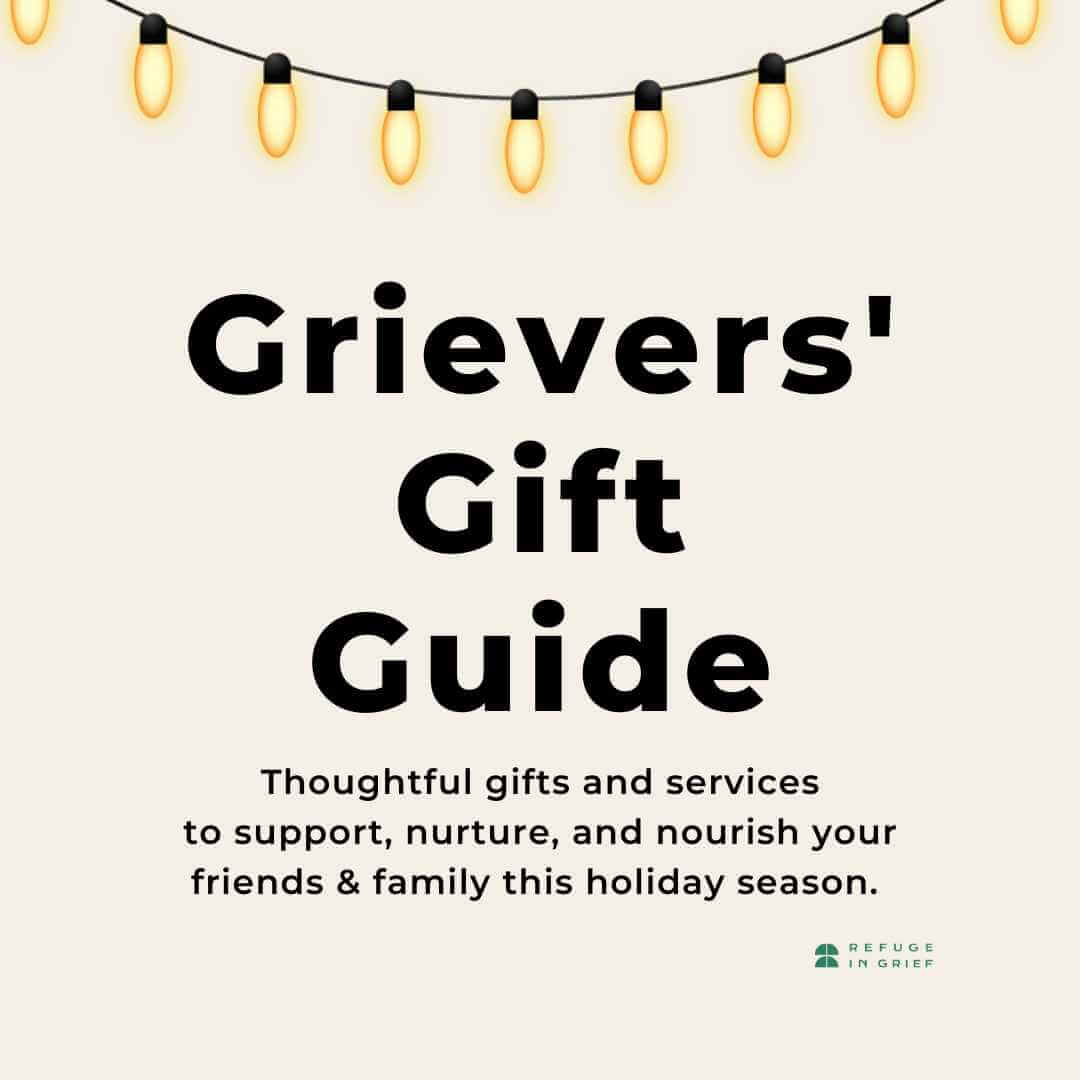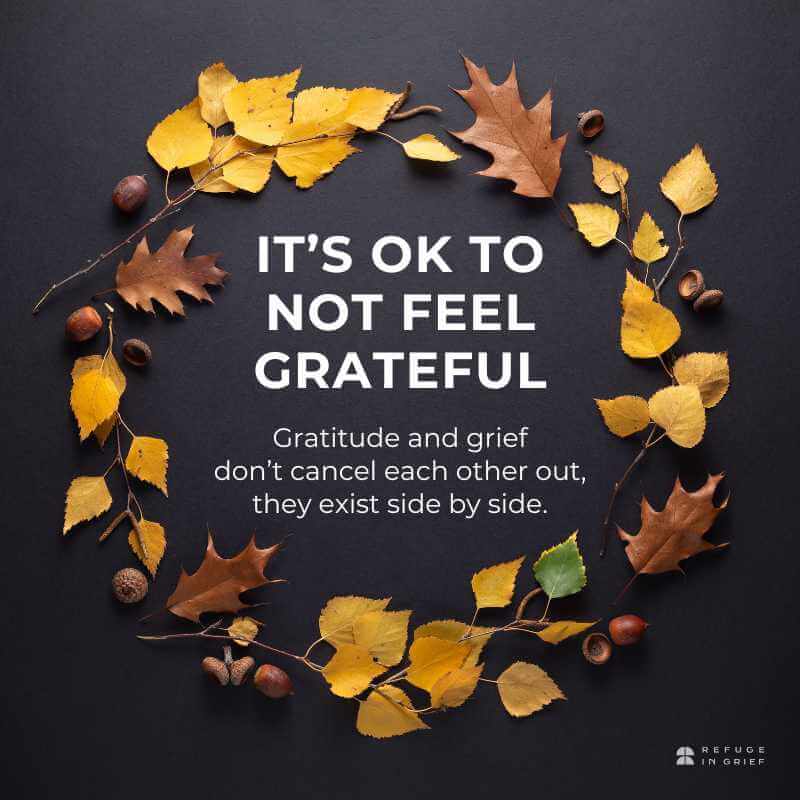Inside the Devastation Zone
We have a faulty understanding of grief in our culture. From the ways our professionals are taught, right down through the average friend or family member, most people have no idea what to do in the face of a loss like yours.
What people usually do is jump into helper mode, trying to fix things for you. But especially in that immediate state of shock – the place you’re in when the world has turned upside down and you’re not even sure what the heck just happened – you don’t need someone to “fix” you. You can’t even register what they’re saying. Nothing makes sense.
Everyone else is wandering around as though the universe is the same universe, but you know it’s completely different.
From the outside, people can’t really see or feel how destroyed everything is. They offer support and solutions for things that might have been relevant in life before, but don’t make any sense now: they remind you of things you used to enjoy, or ask what you’re going to do for the holidays. Inside that devastation zone – the first days, weeks, and months after your loss – even short term plans are off the table. Those mundane maintenance things, like eating? Cleaning the house? Finding “distractions”? Irrelevant. None of that stuff makes any sense.
It’s almost like this fog of confusion and disorientation descends. Everything is an irritant at that point.
A lot of people lose their social and emotional buffer in those early days: everything hurts. Everything is offensive. Everything grates. You can’t tolerate even typical smells, noise, sounds, or human activity.
In general, we just don’t know how to help people in that place. When even most professionals don’t know how to help, the average person doesn’t really stand a chance.
When Matt died, I had a horrible time finding support that actually helped – support that didn’t try to sugar-coat my new reality, or fix the things (like sudden death) that couldn’t be fixed.
I want something better for you.
Here are two things that might help:
* The early days of grief really are a world of their own. If you haven’t yet made a list of survival rules for yourself, check out my list. It may seem mundane or ridiculous, but the truth is – survival in that early devastation zone has a very small circumference. Finding things that don’t make this worse is the first step.
The pain of grief isn’t something that can be solved. Suffering, though – suffering is a whole different thing. Stay tuned for the next post in this series: Pain vs. Suffering: knowing the difference makes all the difference.
 What has helped you in your own devastation zone? What are some things on your “survival rules” list? Leave a comment and let me know. I’d love to hear from you.
What has helped you in your own devastation zone? What are some things on your “survival rules” list? Leave a comment and let me know. I’d love to hear from you.


